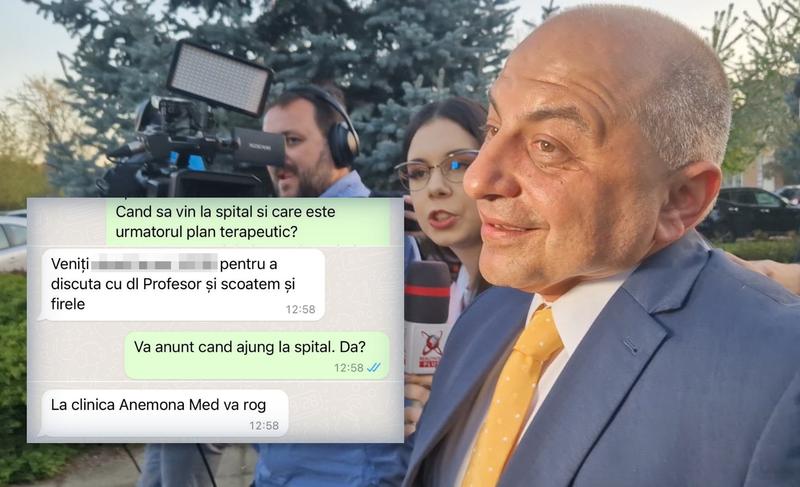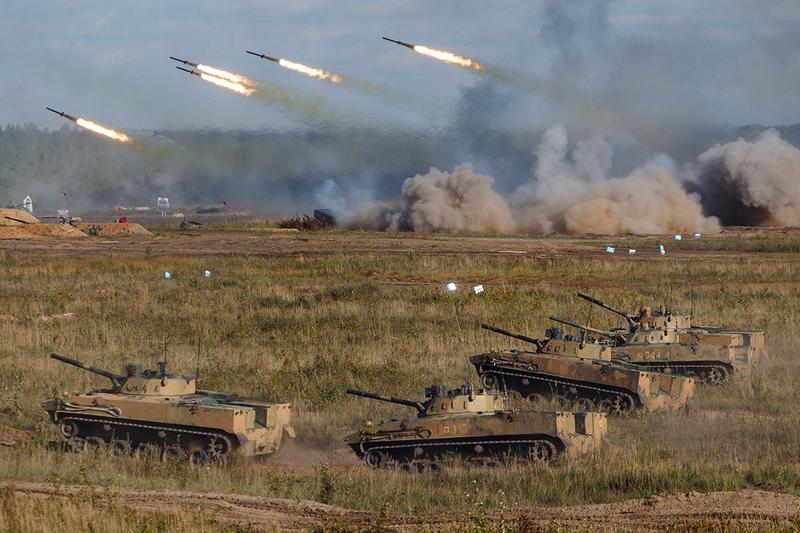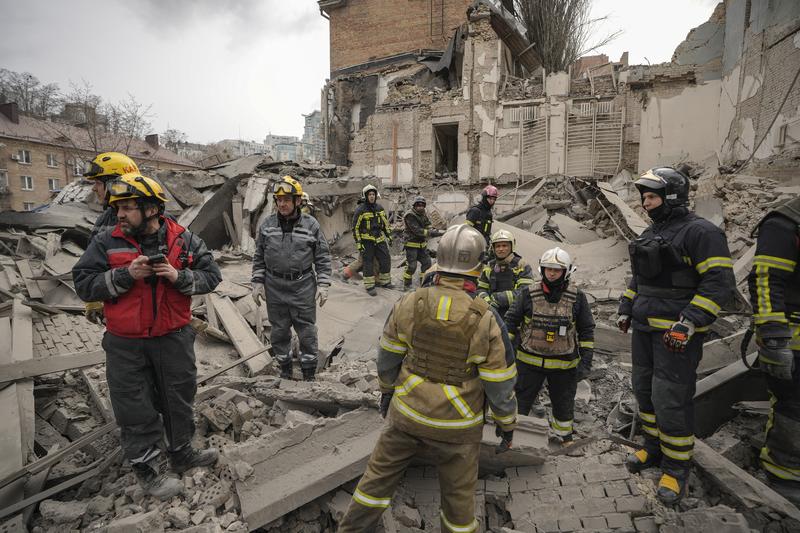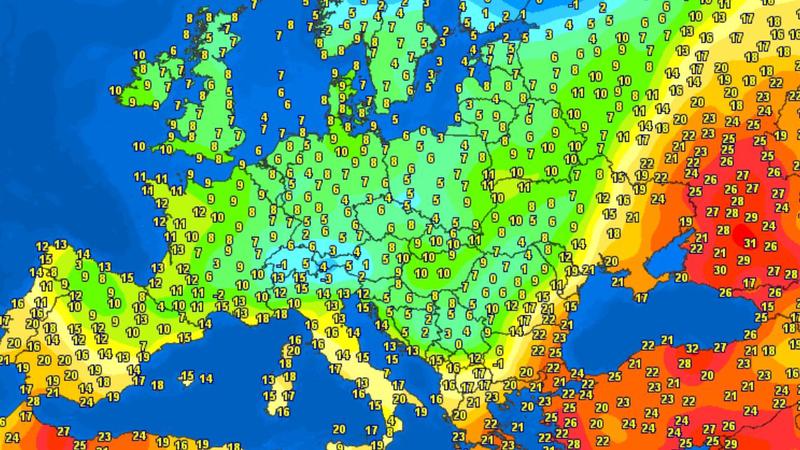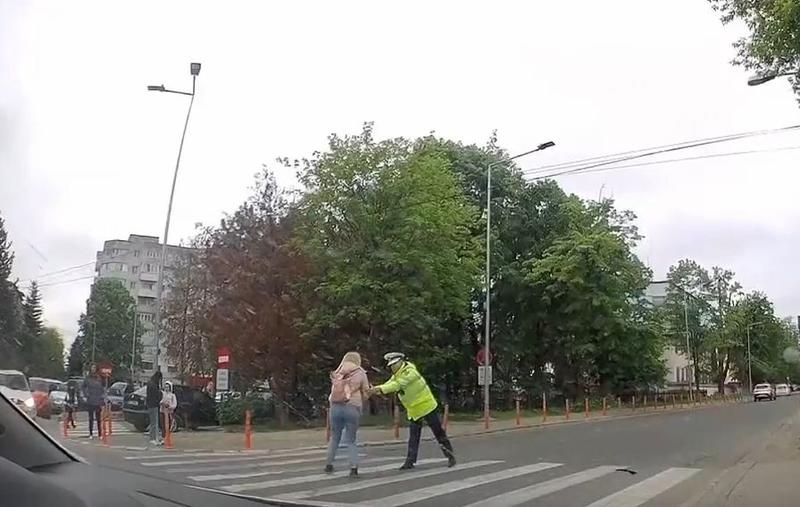Introduction
Although 18 years have passed since the Romanian revolution, the efficiency and fairness of awarding compensation to the former owners of abusively confiscated properties after 1945 is still uncertain. Unfortunately, the laws covering property restitution have not been fully implemented, and the matter remains unresolved for most victims of the abusive past behavior of the Romanian state.
We have repeatedly questioned whether the laws adopted to provide restitution to the victims of communism established an efficient system which could, eventually, succeed and even become a model for other nations grappling with restitution issues - a unique moment when Romania could be held up to the world as a paradigm of justice and virtue.
See our more recent articles in The Romanian Digest Archive (http://www.hr.ro/digest_archive.htm), articles “The Property Fund - An About Face or Another Slap in the Face” from December 2005, “The Property Fund Revisited” from April 2006 and “Who Profits from the Property Fund Listing Delay?” from December 2006.
The most innovative legislation in the field of property restitution - Law no.247/2005, enacted in order to correct the flaws of Law no.10/2001 - created the Property Fund (the “Fund”), to provide a consistent and unitary system of awarding compensation for properties which could no longer be restituted in-kind.
The Fund represents an extraordinary opportunity for Romania to right the wrongs imposed upon owners of such pre-communist era properties.
Government Decision Nr. 1481/2005 set up the Fund and provides for compensation to the "former owners" through grants of shares in the Fund in proportion to the value of their successful claims based upon the book value of the assets on the date of confiscation, and applying the consumer price index.
The Fund was formed as a "closed-end" mutual fund and currently has a portfolio of shares in some of Romania’s best-known institutions, with total assets currently held by it estimated at over €4 billion. Government Emergency Ordinance nr.87/2007 (hereinafter referred to as “GEO 87”) was passed in late June 2007 to enable the speedy listing of the Fund.
It requires an independent audit of the assets, the selection of a fund manager based upon an international tender, the registration of the Fund with the Securities and Exchange Commission of Romania, and then its listing on the stock exchange expected by May 2008.
Although depressingly slow to adopt the Ordinance and wracked by irresponsible political dissension from opponents pandering to their lowest minded constituents, the government of Prime Minister Calin Popescu-Tariceanu has brought Romania’s restitution plan to the next plateau.
If the nation does not falter on the rhetoric of demagoguery, before the summer of 2008, Romania will provide a fair and honorable approach to rectifying the abhorrent crimes of the communist regime and set a standard for its neighbors to follow.
The Property Fund
When Law no.247/2005 was enacted, it brought hope to the owners of communist confiscated properties who could not receive in-kind restitution because their former properties were destroyed. The Fund was organized as a “closed-end” mutual fund and its portfolio included shares held in Romanian companies by the Romanian state, many of which are highly profitable.
But not all of the Romanian companies in which shares were held by the Fund are listed on the Bucharest Stock Exchange (in Romanian, “Bursa de Valori Bucuresti”, hereinafter referred to as the “BVB”).
Pursuant to Law no.247/2005, the owners of properties to which in-kind restitution was no longer possible began to receive Compensation Titles equal to the value of such property that could be converted into shares in the Fund.
But little by little, disappointment replaced hope, as the only thing that the Fund actually offered to former owners was a paper on which a number of shares was set forth - but with no possibility to sell shares or otherwise take advantage of them because efforts to list the Fund were stymied.
Although the Fund was created in 2005, it could not properly function because it could not be listed with the BVB without passing an ordinance that would allow the listing of the Fund, even though its portfolio included shares of Romanian state enterprises that were not themselves yet listed with the BVB.
From a legal perspective, the failure to list the Fund means that the Compensation Titles granted to former owners have no actual value - a fact which has been acknowledged by the European Court of Human Rights in multiple decisions issued against Romania in which the Court determined that the award of Compensation Titles did not offer effective restitution to former owners because,
without the listing of the Fund, the Titles had no real value. See the decisions rendered by the ECHR in: Tovaru v. Romania (October 12, 2006), Barcanescu v. Romania (October 12, 2006), Davidescu v. Romania (November 16, 2006), Simion v. Romania (December 14, 2006), et al.
GEO no. 87/2007
Under both national and international pressure, the Romanian Government finally issued Emergency Ordinance no.87/2007 on June 29, 2007, on the acceleration of the proceedings for awarding compensation for properties confiscated by the Romanian communist state.
Listing of the Fund with the BVB
The adoption of GEO 87 brought back a measure of hope to former owners by finally providing the necessary legal framework for the listing of the Fund and thus allowing it to fulfill the purpose for which it was created.
The question is how long will it take to complete the major steps described below that are required by GEO 87 for listing - will the government move quickly to implement GEO 87 or will the victims of Romanian communism find themselves once more anxiously awaiting the long overdue passage of requisite Government Decisions?
In order for the Fund to be listed with the BVB, there must be a valuation of its assets performed by an independent auditor pursuant to valuation methods detailed in GEO 87. The ordinance requires that the selection of the auditor be based on a competitive, open and transparent procedure. As of August 1, 2007, no publication of the bid for the selection of the auditor has occurred.
The second important stage is the selection of the Fund Manager (in Romanian, “Societatea de Administrare a Investitiilor”, herein after referred to as “SAI”).
According to Law no.297/2004 regarding the capital markets, investment funds such as the Property Fund must be administrated by an SAI, which must fulfill certain conditions in order to be registered with the Romanian National Securities Commission (in Romanian, “Comisia Nationala a Valorilor Mobiliare”, hereinafter referred to as “CNVM”).
The selection of the SAI is of paramount importance to the functioning of the Fund. But despite its significance, because of procedural faults and deficiencies in the governing laws, the organization of the international tender procedure for the selection of the SAI was repeatedly postponed.
These postponements generated not only frustration and disappointment among the claimants to what they perceived as the indolence of the government, but was seen by the international investment community vying for appointment of the SAI as an example of Romanian incompetence and inefficiency - not the best start for Romania in its EU accession.
But with passage of GEO 87, a major push is now underway from the Romanian capital markets industry - which will gain huge commission fees on the purchase and sale of Fund shares and from the BVB which will see its capitalization immediately double - as well as the continued pressure from representatives of the claimants, to implement GEO 87 requirements.
These requirements necessitate yet another Government Decision that must be issued within six months from June 29th, detailing the rules on organizing the international tender procedure for the selection of the Fund’s SAI.
Although a SAI is generally selected as a result of a tender procedure, prior to the registration of an investment fund with the CNVM, GEO 87 provides for the possibility of selecting the SAI after such registration has been accomplished. In that situation, before the selection of the SAI, its duties will be performed by a Supervisory Council composed of representatives of the Romanian state.
Following the appointment of the SAI, the Fund must be registered with the CNVM. GEO 87 provides that the Fund will be registered as an Other Collective Investment Undertaking (in Romanian, “alt organism de plasament colectiv”, herein after referred to as “AOPC”), having a special purpose, different from other categories of AOPCs, mentioned within the rulings of the CNVM.
Following the registration with the CNVM, the Fund needs to be listed with the BVB. GEO 87 requires that within 90 days from the registration of the Fund with CNVM, the Ministry of Economy and Finance launch a public offering for the sale of shares issued by the Fund in a percentage to be established by yet another Government Decision.
Most significantly, GEO 87 permits the listing of the Fund without the condition that all of the companies in its portfolio also be listed companies - which was how the applicable law had previously been construed by some.
The portfolio of the Fund was adjusted by GEO 87 for the better. Some companies without any real value were removed and they were replaced by other companies with substantial value. The Fund also increased its ownership in some firms, such as in Petrom in which the Fund now holds 20.22% of the share capital.
Most analysts agree that this brought additional value to the shareholders - for example, the market value of the Petrom shares alone exceeds €2 billion.
Award of pecuniary compensation
GEO 87 created an option for holders of Compensation Titles to receive some cash compensation for their abusively confiscated properties. This change was made in order to decrease the fear of some former owners with no experience in the capital markets.
The option to receive pecuniary compensation may be a good option for those people and may protect the Fund from criticism coming from people who do not understand how it actually works.
On the other hand, although the amount of the pecuniary compensation was initially announced to be a maximum of € 200,000, GEO 87 established the maximum amount at RON 500,000, which is approximately € 160,000. If the amount is smaller than RON 250,000, it may be paid at once. If it is between RON 250,000 and RON 500,000, it may be paid in two installments within two years.
According to GEO 87, the provisions for the award of pecuniary compensation will come into effect on October 1, 2007. The fact that a Department for Awarding Pecuniary Compensation has been created within the National Authority for Property Restitution creates some hope that the process of awarding cash compensation will indeed start on October 1, 2007, as GEO 87 requires.
Why Other Nations Cannot Escape Restitution
The few Romanians who are opposed to restitution point to the other nations of Europe’s former communist bloc that have dragged their feet on restitution.
Some of those counties are either proposing schemes to pay out a fraction of what was stolen from their people, or are ignoring the matter entirely on the misguided belief that they are immune from proceedings because, among other things, the bilateral investment treaties and the European Convention that might otherwise require restitution are not applicable retroactively.
They fail to realize what the Romanian government seems to have understood all along - that Romania will have to deal with restitution at some point soon and it is better to do so within a scheme that does not cost the Romanian taxpayer anything out of pocket.
This is because the applicable statutes of limitations for conversion at the time of the confiscations are unlikely to be applied by most international tribunals because to do so would be against public policy since the underlying acts were not actionable as conversions at the time.
Foreign claimants for restitution of their abusively confiscated properties might well proceed through the protections afforded by the respective bilateral investment treaties. Disputes under the treaties are generally resolved before the International Centre for the Settlement of Investment Disputes (ICSID) in Washington.
Moreover, the specter of European nations fighting the victims of their country’s abusive conduct over fair compensation for what those nations have stolen and wrongly retained or sold is repugnant.
Romania’s Property Fund is a well balanced solution to differing constraints. Those constraints require that a solution providing for fair restitution involve a quick and easy payout (or cash equivalent) given that most claimants are elderly and will not live another 10-15 years before they might redeem a bond or similar lesser instrument of value.
Restitution must also be acceptable from the perspective of the National Budget, i.e., performed so that payments can be made without Romania being forced to disburse € 4 billion in cash; it should not endanger the long run borrowing capacity of Romania - particularly when Romania must self-finance €3.5 billion per year in order to be awarded EU grant money - a social cost
no government can afford to pay; and it should not impact inflation such as would a cash payment. Consequently, Romania’s restitution program - if implemented on a timely and fair basis - is an example of restitution done with justice and courage. Romanians can be proud that their democracy is not being built upon the stolen property of its citizens.
Conclusions
Only after the listing of the Fund with the BVB, will the former owners be able to trade their shares in the Fund and, therefore, obtain actual compensation. The adoption of GEO 87 is, undoubtedly, a positive event, which creates the genuine chance for the listing of the Fund. The President of the Fund - Mr.
Alexandru Paunescu - an experienced professional - is reasonably confident that the listing of the Fund is possible by April 2008.
The passage of GEO 87 seems to imply the Romanian state’s commitment to redress former legislative and procedural faults and finally turn the Property Fund into a functional institution, able to turn the former owners’ long-lasting hopes into actual compensation.
We trust that there is, indeed, genuine political support for the listing of the Fund and that the listing will occur, as planned, within less than one year. The alternative to the listing would be a loss to both the former owners and to Romania.
The article was published based upon approval of:
Rubin Meyer Doru & Trandafir
SOCIETATE CIVILA DE AVOCATI / LAWYERS PROFESSIONAL CORPORATION
IN ASOCIERE CU / AFFILIATED WITH HERZFELD & RUBIN, P.C.
http://www.hr.ro
